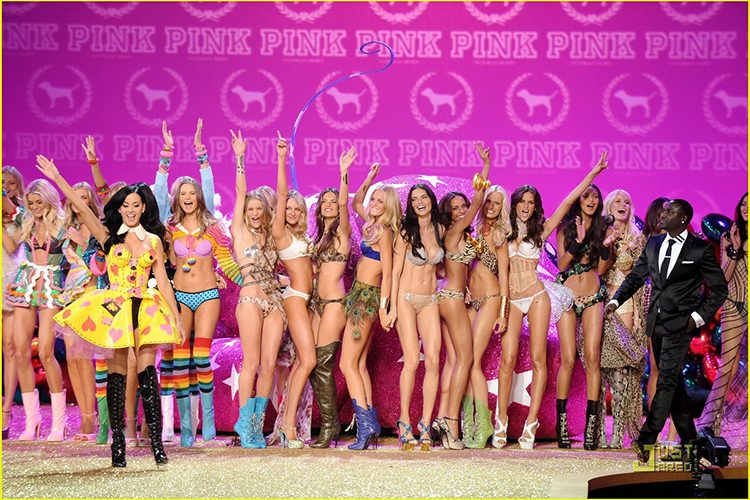Being physically attractive is not a skill. As much as some people enjoy glorifying those who are, physical appearances are nothing more than the end result of a genetic game of chance. Intelligence, on the other hand, is a universally attainable gift that is only given to those who seek it. Intelligence, critical thinking, and imagination are the creators of the greatest and most important things in this world. This is why we as a society must reconsider the emphasis we put on physical beauty. Instead, we must use our voices to draw attention to something much more precious: education.
Beauty product advertisements are not to blame for our digressions from education and intelligence is not solely acquired within the confines of a school. The problem is not the advertisement on your television screen nor is it the sullen feeling in your chest right before you start another chapter in your weighty textbook. No, the problem is much bigger than that. Because somewhere out there is a little girl staring at herself in the mirror and frowning because she doesn’t look like the model in her mother’s magazine. That dread you feel before an assignment is temporary, but she will never look like the supermodel.
Why does she feel that way? Why does she frown upon such an unalterable situation? Perhaps she was never told that her very own degree in anything is far more beautiful than any magazine model.
Perhaps she doesn’t know that a cap and gown are far more fashionable than any overpriced garment in her mother’s magazine. Perhaps someone should tell her.
It is important to note that there is no single blueprint for the perfect body. There is no right or wrong when it comes to beauty, size, or shape. There is only healthy and unhealthy. So why do we insist on forcing unrealistic images of men and women onto society? It is counterproductive, really. The cure for cancer will not be found whilst posing on a beach somewhere sunny. The first female president of the United States of America will have spent her early years in college honing her skills in advocating for human rights—not worrying about how desirable she is.
The bottom line is that we must restore balance to our society. We must televise and advertise college graduations as much as we do fashion shows and pageants. We must teach our children that kindness and intelligence are the only tools they need to be beautiful. We must want to be positive contributing factors to the world.
One day society will get it right. When we do, perhaps people’s aspirations will change from “pretty” to “doctor”.
Maybe people will stop trying to conform to their own blueprint for beauty and choose a more productive path in life—one that will lead to the latest breakthrough in medicine or louder voices for justice and peace.

